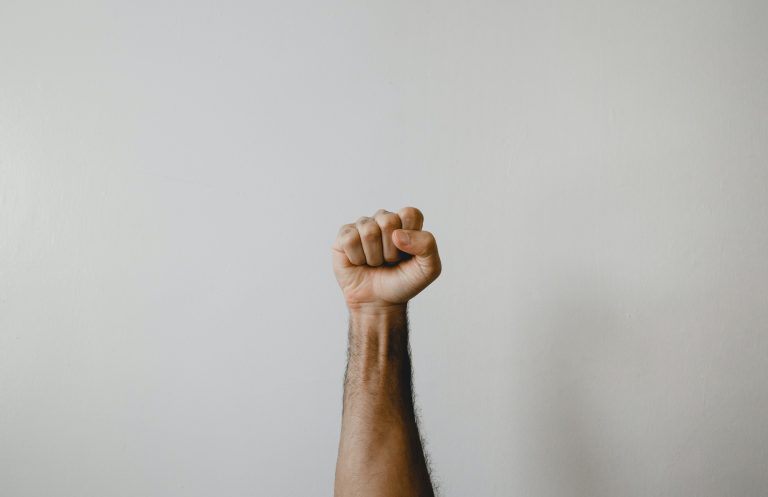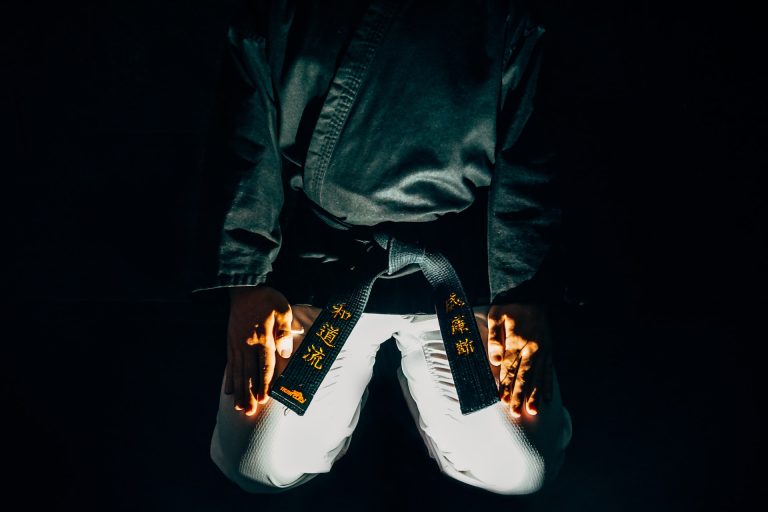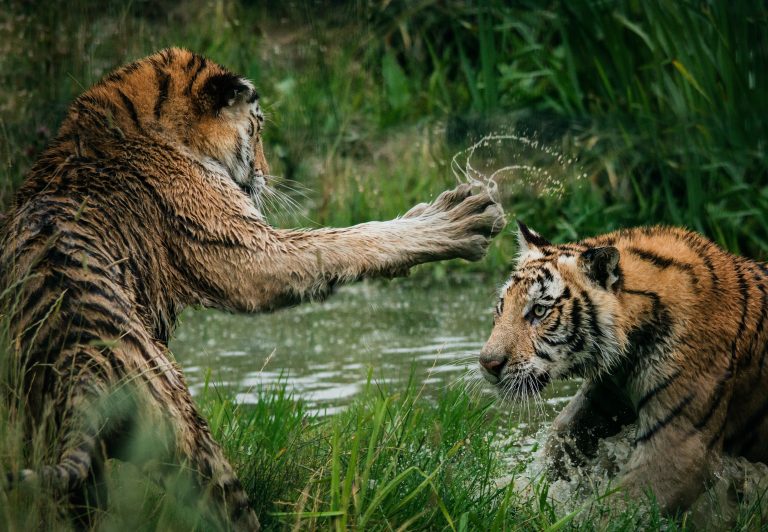Karate and meditation: How to calm the mind with karate
Karate is a martial art that originated in Okinawa, Japan, in the early 20th century. It is a discipline that uses physical techniques to defend oneself or others from an attacker. However, karate is not just about physical training; it is also a philosophy and a way of life. Karate is not just about fighting; it is also about developing mental strength and discipline.
One of the ways that karate helps to calm the mind is through the practice of meditation. Meditation is an essential part of karate training, and it is often practiced at the beginning and end of each class. In this blog post, we will explore the relationship between karate and meditation and how they work together to help calm the mind.
The Philosophy of Karate
Karate is based on three fundamental tenets: respect, discipline, and self-control. These principles are the foundation of the karate philosophy and are essential to the development of mental strength. Respect for oneself and others, discipline in training, and self-control in challenging situations are all crucial to becoming a successful karate practitioner.
The Practice of Meditation in Karate
Meditation is an essential part of karate training, and it serves several purposes. First, meditation helps to calm the mind and reduce stress. It also helps to cultivate focus and concentration, which is critical in karate practice. Meditation is also used to develop mental clarity and awareness, which is necessary to understand and apply the principles of karate.
One common meditation practice in karate is called Mokuso. Mokuso is a Japanese term that means “to meditate deeply, with inner silence.” It is usually done at the beginning and end of each class and involves sitting on the floor in a comfortable position with eyes closed. The practitioner focuses on their breathing, trying to slow it down and breathe deeply. The goal of Mokuso is to clear the mind of distractions and prepare the practitioner for the karate training that follows.
The Benefits of Combining Karate and Meditation
When karate and meditation are practiced together, several benefits can be observed. First, the physical training of karate builds strength and endurance, which helps to reduce stress and anxiety. The discipline of karate also helps to develop mental strength and focus, which can improve one’s ability to concentrate in all aspects of life.
The practice of meditation strengthens the mind and reduces mental distractions, making it easier to apply karate principles in real-life situations. When facing a challenging situation, such as a conflict or danger, the mental strength and discipline developed through karate and meditation can help one stay calm and make sound decisions.
Conclusion
Karate and meditation are not just about physical training; they are also about developing mental strength and discipline. The philosophy of karate emphasizes respect, discipline, and self-control, which are crucial to becoming a successful karate practitioner. Combining karate and meditation can help reduce stress, improve focus and concentration, and develop mental strength, leading to a calmer, more composed mind both inside and outside of the dojo.
FAQs about Karate and Meditation: How to Calm the Mind with Karate
Karate is a form of martial arts that originated in Okinawa, Japan. It involves a combination of defensive and offensive techniques using various body parts, such as hands, feet, elbows, and knees. Karate has been practiced for centuries and has become popular worldwide due to its physical and mental benefits. One of the benefits of Karate is that it can also be used as a tool to calm the mind and improve mental health. In this blog post, we will answer some frequently asked questions about Karate and meditation and how they can be used together to calm the mind.
1. What is meditation?
Meditation is a practice that involves training the mind to achieve a state of calm and relaxation. It is often used to reduce stress, anxiety, and depression. Meditation techniques vary, but they all involve focusing the mind on a particular object, such as the breath, a sound, or a visualization. The goal of meditation is to develop mindfulness and increase inner peace.
2. How can Karate help with meditation?
Karate involves physical movements that require focus and concentration. Practicing Karate can help improve mindfulness and body awareness, which can then be applied to meditation. Karate also involves controlled breathing, which is an essential part of many meditation techniques. By practicing controlled breathing in Karate, you can learn to regulate your breathing during meditation as well.
3. How can Karate and meditation be used together to calm the mind?
Combining Karate with meditation can be a powerful way to calm the mind. A typical way to practice Karate and meditation together is to perform Karate movements while focusing on the breath. You can inhale before starting the movement and exhale during the movement. This can help improve the coordination between the mind and body, leading to a deeper sense of relaxation.
4. Can Karate and meditation be used to manage stress and anxiety?
Yes, Karate and meditation can be used to manage stress and anxiety. Stress and anxiety are common problems that can affect mental health. Karate and meditation can help reduce stress and anxiety by promoting relaxation and mindfulness. Practicing Karate and meditation regularly can also help improve physical fitness, which is essential for overall well-being.
5. What are the benefits of using Karate and meditation to calm the mind?
Some benefits of using Karate and meditation together to calm the mind include:
- Reduced stress and anxiety
- Improved mindfulness and body awareness
- Improved physical fitness
- Improved coordination between the mind and body
- Increased inner peace and relaxation
6. How often should you practice Karate and meditation?
The frequency of practicing Karate and meditation can vary depending on individual needs and goals. However, it is recommended to practice Karate and meditation regularly to get the most benefits. It is also important to find a balance between rest and activity to avoid burnout.
7. Can Karate and meditation be practiced by anyone?
Yes, Karate and meditation can be practiced by anyone, regardless of age or fitness level. However, it is important to consult with a healthcare professional before starting any new exercise or meditation program, especially for individuals with pre-existing medical conditions.
Conclusion
Karate and meditation can be powerful tools to calm the mind and improve mental health. Practicing Karate and meditation together can help improve physical fitness, promote relaxation and mindfulness, and reduce stress and anxiety. It is essential to find a balance between rest and activity and to consult with a healthcare professional before starting any new exercise or meditation program. With regular practice, Karate and meditation can be used as a effective way to promote inner peace and well-being.
Inhaltsverzeichnis






